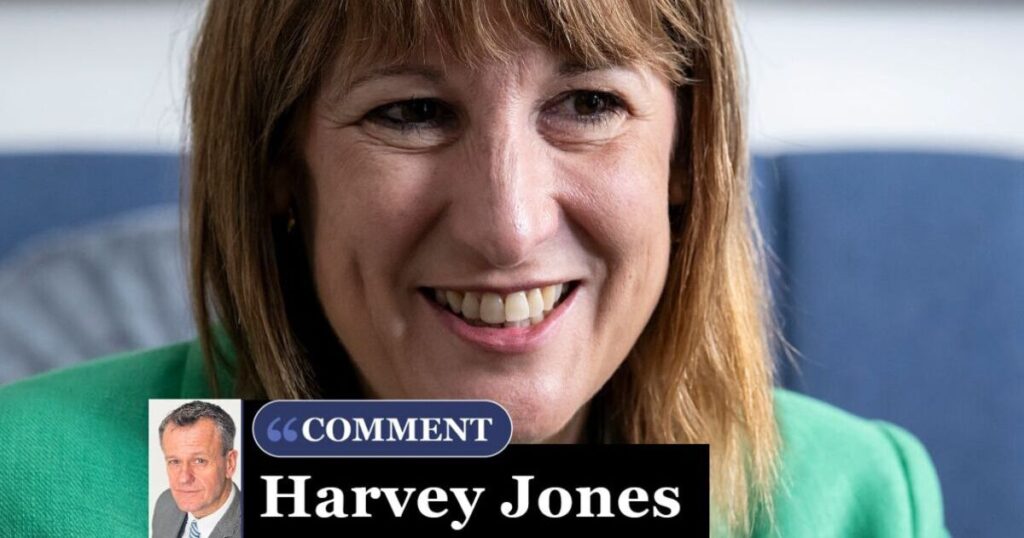
From April 2027, every saver will have to hand their National Insurance (NI) number to their bank under new rules signed off by Rachel Reeves. It’s all part of a drive to make it easier for HMRC to work out who owes tax on savings interest, and to take it automatically.
If you breach the personal savings allowance (PSA), the amount due will be docked from your wages through PAYE without you lifting a finger. Basic-rate taxpayers can earn up to £1,000 in savings interest before paying tax, while higher-rate taxpayers get £500 and additional-rate taxpayers get nothing at all.
Under current rules, banks already report the interest you earn, but HMRC admits that as much as 20% of the data it gets is “unreadable”, meaning tax can’t always be collected.
That’s the loophole Reeves is closing. HMRC isn’t shy about it either, saying the changes will make it easier for people to “get their tax right first time” and help stop fraud “on behalf of the honest majority”.
The move is expected to hit millions. Rising interest rates and frozen allowances already mean more people are paying tax on savings than ever before.
And from 2027, the taxman will use your NI number to make doubly sure you’re one of them.
Rachel Reeves faces a £51billion hole in the public finances and with growth faltering and spending promises stacking up, she needs every pound she can get.
HMRC already uses its powerful Connect database and artificial intelligence tools to scan through bank data, property records and social media accounts such as Facebook and Instagram to catch out anyone underpaying tax.
Now the NI number rule will give them yet another powerful tool to make sure no interest slips through the net.
Lucinda Atkinson, head of accounting at tax specialists Crunch, says the taxman can already dip into your bank account. But that only applies if you owe more than £1,000 in unpaid tax or tax credit overpayments.
No court or tribunal approval is needed. Joint accounts aren’t safe either, with HMRC able to seize a proportional share.
Atkinson says this “overzealous tax collecting power” has been in place for some times, but the risk is that intrusion is rising while oversight is getting thinner.
The NI number plan will only add to HMRC’s long reach.
HMRC’s powers have grown rapidly in recent years, and they don’t always get things right. Millions have been given the wrong tax code, with HMRC admitting 3.5million people overpaid tax in its last review, Atkinson says. Mistakes on savings tax could be even harder to spot if the money is taken automatically.
Ronnie Ludwig, a partner at Saffrey Champness, has warned that HMRC risks acting as “judge and jury” when collecting tax, with a “marked lack of external oversight”.
HMRC can now hold on to money from people it suspects of using illegal avoidance schemes, even before a court has ruled, paying it back only if it loses the case. That’s a big power for a body with a chequered accuracy record.
Reeves has already hiked penalties for missing the self-assessment deadline. Now she’s delving deeper into our personal finances to make sure we pay what she thinks we owe.
No wonder many feel they’re working for HMRC rather than themselves these days. As long as that black hole exists, the taxman’s reach is only going to grow.
 Latest World Breaking News Online News Portal
Latest World Breaking News Online News Portal






